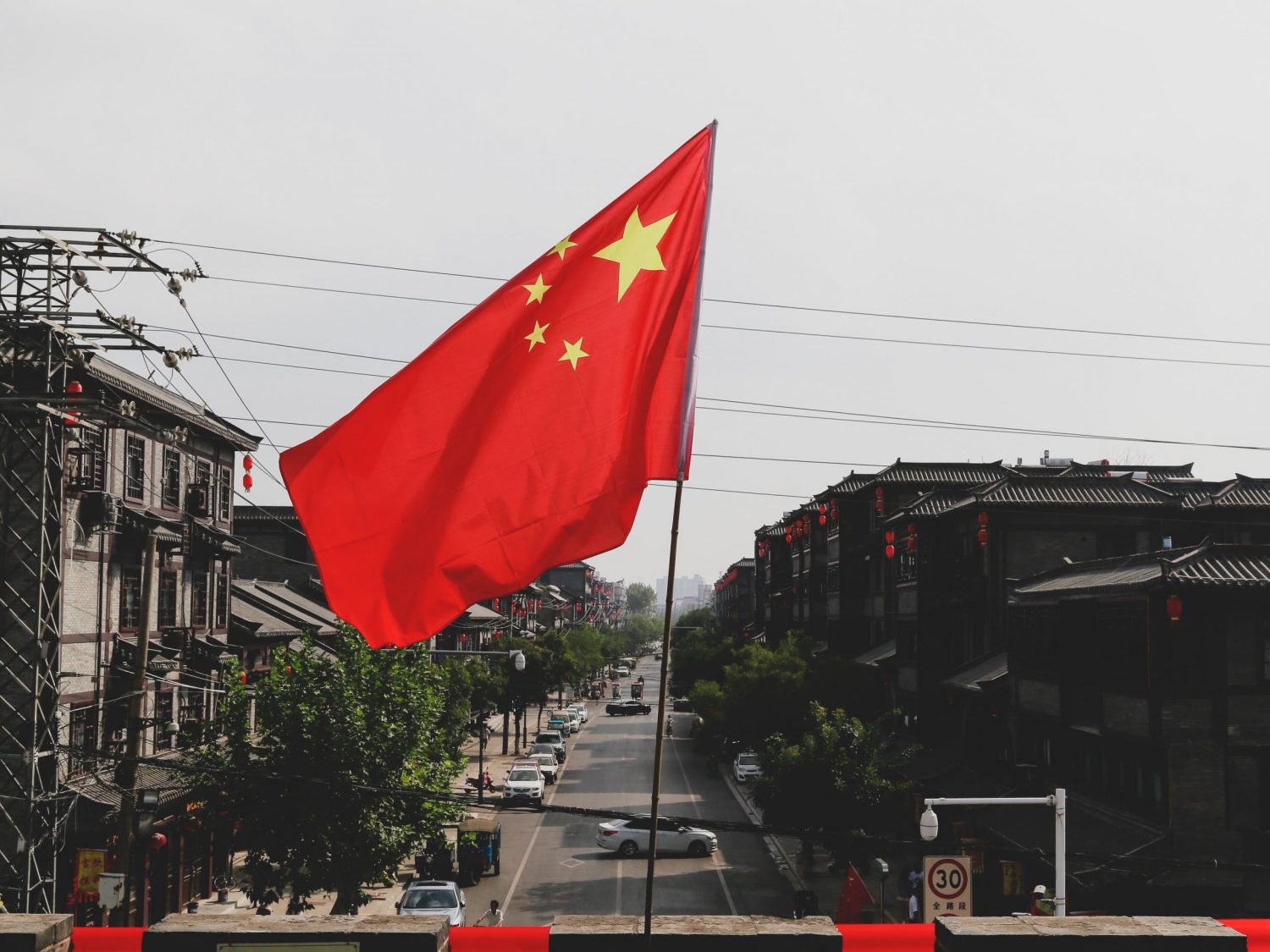- 7 Feb, 2022
- 0
- Mel Gurtov
- Mel Gurtov
China’s Careful Dance Around the Ukraine Crisis
China’s Careful Dance Around the Ukraine Crisis
by Mel Gurtov
1013 words
Reports out of Washington suggest worry over a Russia-China partnership that would facilitate Vladimir Putin’s presumed ambition to absorb Ukraine and undermine the NATO-based European security system. So let’s examine that relationship to assess the US concern.
Aligned But Not Allied
When it comes to support of China on international issues, from human rights to Taiwan, Beijing can always count on Putin’s Russia. And the reverse is generally true. In numerous meetings since Xi and Putin became top leaders, the China-Russia relationship has consistently been described in the most exalted terms. They’re “dear friends,” they have “the best [relations] in history,” they are “a model of interstate cooperation in the 21st century.” China-Russia trade has risen substantially every year; China is Russia’s most important trade partner. Joint military maneuvers have become a regular event. Symbolizing their closeness, Putin is attending the Beijing Winter Olympics, defying the US call for a diplomatic boycott of the games.
China and Russia are aligned with one another in viewing the United States as their principal opponent and chief obstacle to the achievement of their respective aims in Asia and Europe. But theirs is a marriage of convenience, not a security alliance. They are divided by many issues, including a history of conflicting national interests and ideological differences, unresolved territorial claims, and the large gap between them in economy and technology.
While US analyses typically lump China and Russia together as threats to US national security, they are actually far apart in their international conduct. Unlike Russia, China has taken full advantage of globalization—in everything from contributions to UN peacekeeping and tourism to scholarly and scientific exchanges and overseas investments, notably with the US. Thomas Christensen reports:
“a former Chinese diplomat stationed in Russia, Shi Ze, who summed up the difference between Moscow and Beijing this way: ‘China and Russia have different attitudes. Russia wants to break the current international order….Russia thinks it is the victim of the current international system, in which its economy and its society do not develop. But China benefits from the current international system. We want to improve and modify it, not to break it.’”
While Russia relies heavily on military power to impose its will in its near abroad, China mainly projects its influence through soft power: the Belt-and-Road Initiative, Confucius Institutes, sporting events, radio and television programming, and money-backed public diplomacy.
The Putin-Xi Meeting in Beijing
Putin’s visit to China at the height of the crisis over Ukraine prompted comparisons between Russian and Chinese diplomacy over, respectively, Ukraine and Taiwan. On the surface, Russian and Chinese views seem similar. Putin and Xi commonly believe those territories cannot be considered independent states, historically and culturally belong to the mother country, and are only prevented from being absorbed because of foreign interference. Yet they know full well that populations in Ukraine and Taiwan reject absorption. Both leaders seem to take the issue personally, seeing the recovery of Ukraine and Taiwan as fitting testimony to their legacy as a great leader.
But there the similarities end. Putin sees Ukraine as a security threat because of NATO’s eastward expansion and has deployed forces along Ukraine’s border sufficient to take over the country. His ultimate goal, many observers believe, is to reconstruct the European security order.
In contrast, Xi has so far abided by the goal of peaceful unification of Taiwan. China has displayed its military capabilities in the Taiwan area, but has not threatened Taiwan with attack or asserted that Taiwan poses a threat to the mainland. Nor has China sought to arouse a pro-China force inside Taiwan or demanded that the US alliance system in Asia be dismantled.
China’s policy on the Ukraine crisis only seems to entail guarded support of Russia. Foreign Minister Wang Yi urgedthe United States to take a “balanced” approach that would embrace Russia’s “reasonable security concerns.” The final Putin-Xi text on their talks—at least the Chinese version—reflected that view. Yes, they agreed that the relationship has “no limits,” but it surely does. Ukraine is not mentioned at all, the text merely saying: “The two sides oppose continual expansion of NATO, and call for NATO to reject the ideology of the cold war, and respect other countries’ sovereignty, security, interests, and multicultures.”
Tellingly, the lengthy statement devoted far more space to cooperation on sustainable development (which is part of the statement’s title), the pandemic, trade, human rights, and arms control, as well as to a whole range of common threats from the US and the West.
Keep in mind that although China did support Russia’s recent interventions in Kazakhstan and Belarus to quell potential regime changes, it did not support Russia’s seizure of Crimea in 2014. Maintaining a common front with Russia against the West’s incursions means much more to Beijing than encouraging a Russian territorial grab, whose economic and political consequences would reach far beyond Europe.
A war, even if only economic, would further alienate China from both Europe and the United States, harm China’s economy (as the Biden administration warned), and perhaps show Xi’s “peaceful unification” policy on Taiwan in a bad light. China would surely help Russia escape the worst effects of US and European Union sanctions, but buying Russian goods has limits. It’s also worth noting that China has a lucrative economic relationship with Ukraine: Its weapons factories are highly regarded in China, and China is Ukraine’s most important export market.
Thus, China prefers a diplomatic resolution over Ukraine. But it is not about to press for one at the behest of the State Department, which reportedly requested China’s help. A US engagement policy with China would set a different tone, one that would amount to a new triangular diplomacy designed to incentivize a China move away from Russia.
But in any case, the United States should stop conflating China with Russia; their mutual admiration conceals more than it reveals.
——————————————————-

Mel Gurtov, syndicated by PeaceVoice, is Professor Emeritus of Political Science at Portland State University and blogs at In the Human Interest.
© 2023 PeaceVoice

mel